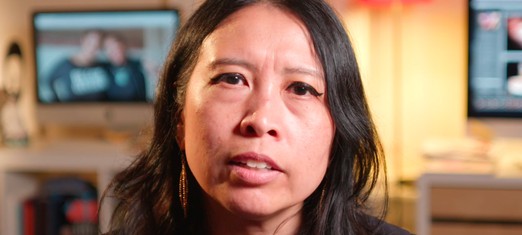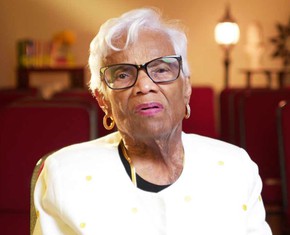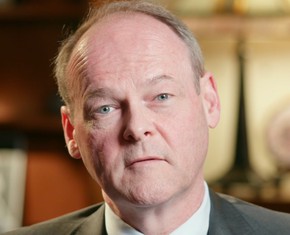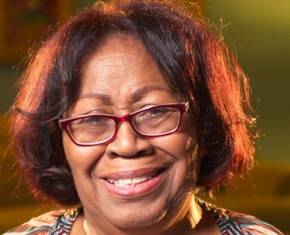It’s natural to be frustrated with injustice, violence, and oppression and wonder, what can we do? Nancy Wong, a Baha’i living in Chicago, says that she often felt angry during her pre-teen years because of all the injustice her family endured, and she didn’t understand how to deal with it.
RELATED: Different Types of Anger: Is Your Anger Healthy or Unhealthy?
“I think the only way I knew how to channel it was to actually learn about what kind of injustices existed in the world and really educate myself and learn to find positive ways to protest,” she says.
One injustice that Nancy was especially interested in learning more about was domestic violence. “I didn’t experience it within my own home in terms of my parents,” she says, “but I always somehow knew that there was a connection between the violence that I saw out in the world and the violence that people experienced at home.”
RELATED: Domestic Abuse: Mending the Broken Wings
In this video clip from the Race Unity Project, Nancy shares how inspiring it was to find the Baha’i Faith and learn about how the Baha’i writings combat female oppression, particularly at a time when there was increasing awareness of domestic violence. The project shares “the century-long story of the American Baha’i community and its efforts — as well as its tests and challenges — in promoting race unity.”
Some people may wonder what talking about domestic violence has to do with race unity. But if we look at the problem through an intersectional lens, we can understand that people who experience abuse are not treated equally. Racism, stereotypes, and other social biases influence everything from how domestic violence survivors are treated by law enforcement to the available quality of care for them.
Nancy says she wondered, “Well, if there is so much violence in the home, how do you end it?”
So, she was happy to read the following quote from Abdu’l-Baha, the authorized interpreter of the Baha’i writings and the son of Baha’u’llah, the prophet and founder of the Baha’i Faith. In a talk he gave in 1912, Abdu’l-Baha said:
The world of humanity is possessed of two wings: the male and the female. So long as these two wings are not equivalent in strength, the bird will not fly. Until womankind reaches the same degree as man, until she enjoys the same arena of activity, extraordinary attainment for humanity will not be realized; humanity cannot wing its way to heights of real attainment.
“When I read things about what Baha’u’llah taught about the role of establishing the principle of the equality of women and men, that made a lot of sense to me in terms of how that would tie in directly to domestic violence and ending domestic violence,” Nancy says.
RELATED: How Objectification Leads to Violence Against Women
Other videos from “The Race Unity Project” include candid conversations about a wide range of topics, including making music to bridge racial divides and exploring why a group of Black Baha’is went to their ancestral homeland. Journalism for Change, Inc, a nonprofit media organization founded by filmmaker and human rights activist Maziar Bahari, produced the project.
Watch as Nancy shares how the Baha’i Faith helped her make sense of the world and empowered her to work for justice.
Radiance Talley serves as the director of operations at BahaiTeachings.org, where she integrates her expertise in SEO, journalism, design, and publishing into every aspect of her work. She has edited and written hundreds of articles for BahaiTeachings.org and has also written and optimized articles for...
READ MORE
















Comments
Sign in or create an account
Continue with Googleor